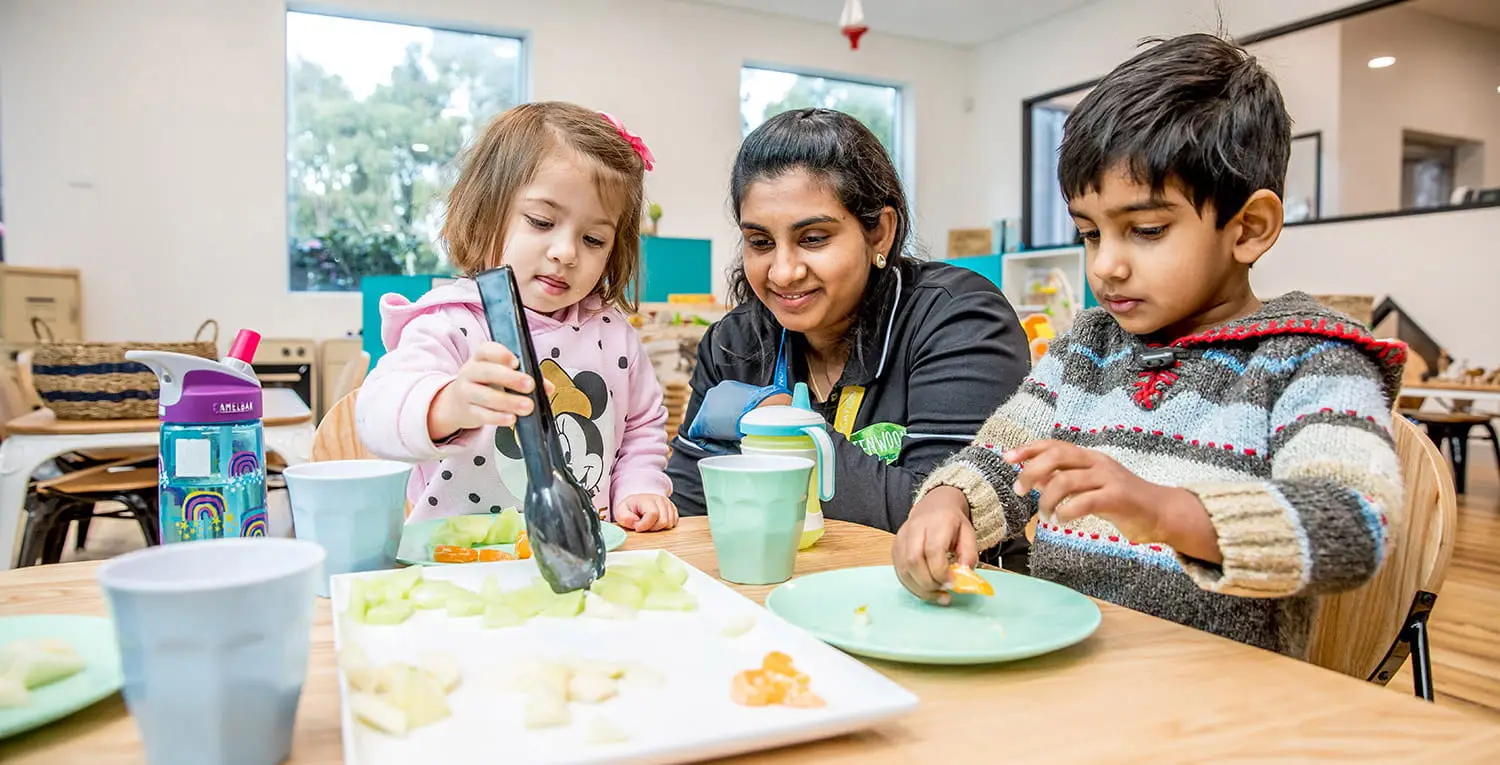Introduction
Teaching early childhood education is a rewarding yet demanding endeavor. The foundational skills and values imparted during these formative years set the tone for a child’s lifelong learning journey. Let’s explore the intricacies faced by educators in this field and the strategies they employ to ensure effective teaching.
The Significance of Early Childhood Education
Early childhood education lays the groundwork for cognitive, social, and emotional development. It prepares children for future academic pursuits by fostering curiosity and critical thinking. Moreover, it helps shape their interpersonal skills and ability to work in groups. Teachers play a pivotal role in nurturing these aspects.
Understanding the Challenges
Limited Attention Span
Young children have naturally short attention spans. Maintaining their focus on structured lessons can be challenging. Teachers need to create dynamic, interactive activities to capture and hold their attention effectively.
Communication Barriers
Effective communication is essential for learning, but early childhood educators often encounter language barriers. Children may struggle to express themselves verbally, requiring teachers to develop alternative methods of understanding and conveying ideas.
Behavioral Variability
Children in the early years exhibit a wide range of behaviors and responses. Managing diverse behaviors in a classroom setting demands patience and adaptability, as what works for one child might not work for another.
Strategies for Effective Teaching
Creating Engaging Learning Environments
Designing an environment that stimulates curiosity and exploration is vital. Colorful displays, interactive materials, and thematic corners can transform a classroom into a captivating learning space.
Incorporating Play-Based Learning
Play is a powerful tool for learning. Integrating educational concepts into games and activities makes learning enjoyable and helps children grasp abstract ideas more effectively.
Utilizing Multisensory Approaches
Engaging multiple senses enhances learning retention. Incorporating touch, sight, sound, and movement into lessons caters to various learning styles and enhances overall comprehension.
The Role of Patience and Adaptability
Teaching young children requires immense patience. Some concepts may take longer to grasp, and teachers must be prepared to adapt their approach to each child’s pace of learning.
Balancing Academic and Socioemotional Development
Fostering Social Skills
Early childhood is a prime time for developing social skills. Teachers encourage collaboration, conflict resolution, and empathy through group activities and discussions.
Nurturing Emotional Intelligence
Helping children identify and manage their emotions is equally important. Activities centered around emotions allow children to express themselves and develop self-awareness.
Professional Development for Early Childhood Educators
Continuous learning is vital for educators. Workshops and courses focused on child psychology, teaching techniques, and curriculum development keep teachers updated with the latest approaches.
The Fulfillment of Watching Growth
Witnessing a child’s progress is immensely rewarding. The “aha” moments and newfound skills bring a sense of accomplishment that fuels educators’ passion for teaching.
Importance of Collaboration with Parents
Teachers and parents share a common goal: the child’s growth and success. Regular communication, sharing insights, and involving parents in the learning process create a holistic support system.
Conclusion
Teaching early childhood education is a blend of challenges and joy. The intricacies of capturing young minds’ attention, fostering holistic development, and adapting to diverse learning needs require dedication and innovation. As educators, embracing these challenges ensures a brighter future for the next generation.
FAQs

